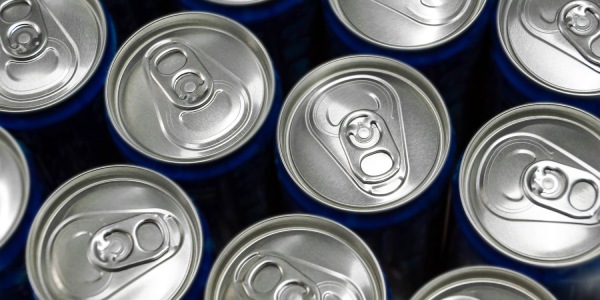The leading public health organisations behind Rethink Sugary Drink have launched a new position statement, renewing their call for the Australian Government to introduce a 20% health levy on sugary drink manufacturers.

Research shows that a health levy on sugary drink manufacturers can:
- Encourage manufacturers to reformulate their drink products to reduce sugar.
- Reduce the amount of sugar people consume, leading to improvements in diet and reducing rates of overweight and obesity within the community over time.
- Help prevent oral health issues, including tooth decay and tooth erosion, while promoting health equity.
- Raise millions of dollars in government revenue each year, which could be reinvested into crucial obesity prevention and other population health initiatives.
Read the position statement
Read the media release
Hear what Australia’s public health leaders have to say
Frequently asked questions
Why is sugary drink consumption a problem?
The World Health Organization recommends adults consume around 25−50 grams of free sugars per day. But in 2011−12, Australians consumed an average of 60 grams of free sugars per day. Just over half of the free sugars in the diet came from sugary drinks.
Consuming more kilojoules than the body needs can lead to weight gain and obesity, a leading risk factor for type 2 diabetes, heart disease, stroke, and 13 types of cancer. High consumption of sugary drinks is also linked to oral health issues like dental cavities and tooth erosion.
Would Australia be the first to introduce this policy?
No! Australia is lagging behind more than 100 countries across the world that already have a health levy on sugary drinks. Places like the UK, Mexico and South Africa are proof that this policy can improve diets and oral health and encourage manufacturers to reduce the amount of sugar in their products.
Will the policy impact the amount of sugar Australians consume?
Most sugary drinks offer little to no nutritional value but are high in energy and sugar. For example, just one 600mL bottle of soft drink can contain 16 teaspoons of sugar! Research by the Australian Medical Association predicts that Australians will be consuming 650 less teaspoons of sugar per person, per year if our government introduces a 20% health levy on sugary drink manufacturers.
How much money will the policy raise?
Research by the Australian Medical Association predicts that a 20% levy on sugary drink manufacturers would raise annual revenue of around $1 billion. These funds could be spent on initiatives to prevent obesity and promote health.
Do Australians support a health levy on sugary drink manufacturers?
There is also strong public support for a levy on sugary drinks in Australia. A national survey showed that 77% of Australians supported a tax on sugary drinks if the funds raised were used to fund obesity prevention initiatives.
Read our position statement